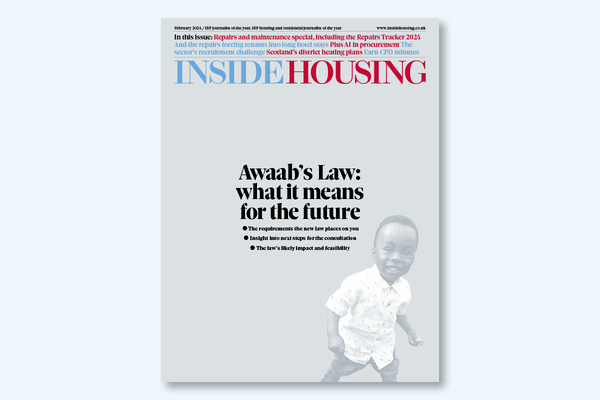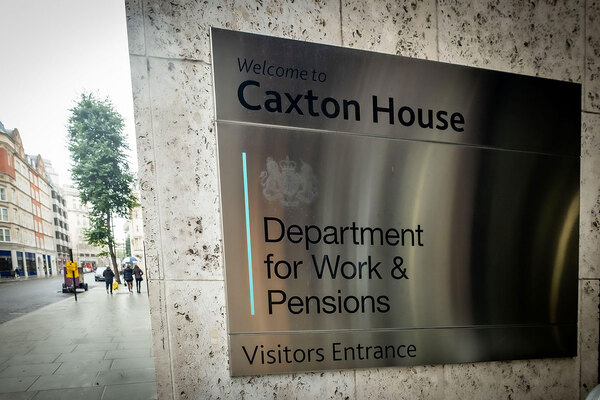You are viewing 1 of your 1 free articles
Ombudsman warns councils over ‘mistakes’ with housing benefit appeals
Councils must learn from the “mistakes” made over the handling of housing benefit appeals that left some families homeless, a new report has warned.
The 18-page report, published by the Local Government and Social Care Ombudsman, details a string of complaints and warns that poor practices in this area have led to confusion and uncertainty among families as councils struggle with the system.
Last year the ombudsman upheld 78% of the complaints it investigated involving appeals related to housing benefit claims, the report revealed. This compares with 58% for its other casework.
Housing benefit is in the process of being replaced by the government’s highly controversial Universal Credit system.
However, housing benefit is still paid to around 3.6 million people in England, the report said.
Nigel Ellis, the ombudsman’s chief executive, said that the report showed the “very real impact” of when councils do not deliver housing benefit properly.
He added: “Some of our most vulnerable families are refused a fair hearing by having their rights to appeal their council’s decision taken away.
“Although Universal Credit is being rolled out across the country, this is not happening as quickly as first anticipated. Councils still need to ensure they administer housing benefits properly until the new system is in place in their area.”
Mr Ellis said the fact that such a high percentage of appeals was upheld suggested that there are “problems with some councils’ understanding of their duties towards claimants and the correct processes they must follow”.
Among the problems the report highlighted are councils stopping families from challenging decisions about their housing benefit entitlement, or not telling them of their right to appeal.
It also reveals councils trying to recover overpaid money before appeals have been considered.
In the conclusion to his foreword in the report, Mr Ellis wrote: “I hope councils will welcome this report as a way to help them learn from the mistakes others have made and ensure all their residents claiming housing benefit are treated fairly and in line with regulations.”
The Local Government Association (LGA), which represents councils, responded to the report. The organisation said it “highlighted some important learnings”.
Richard Watts, chair of the LGA’s resources board, said: “The ombudsman’s report has rightly identified the importance of ensuring the best possible accuracy within the housing benefit system, and ensuring that councils respond fairly and effectively when mistakes occur, including claimant error.
“The report highlights some important learning for councils and government to take forward to improve fairness and accuracy within the benefits system.”
He added: “It is vital that the government recognises the ongoing role of councils in administering housing benefit, and in supporting claimants provides appropriate, timely funding to councils to deliver this role. Doing so ensures that councils are able to provide the fairest, most accurate service that they can.”











